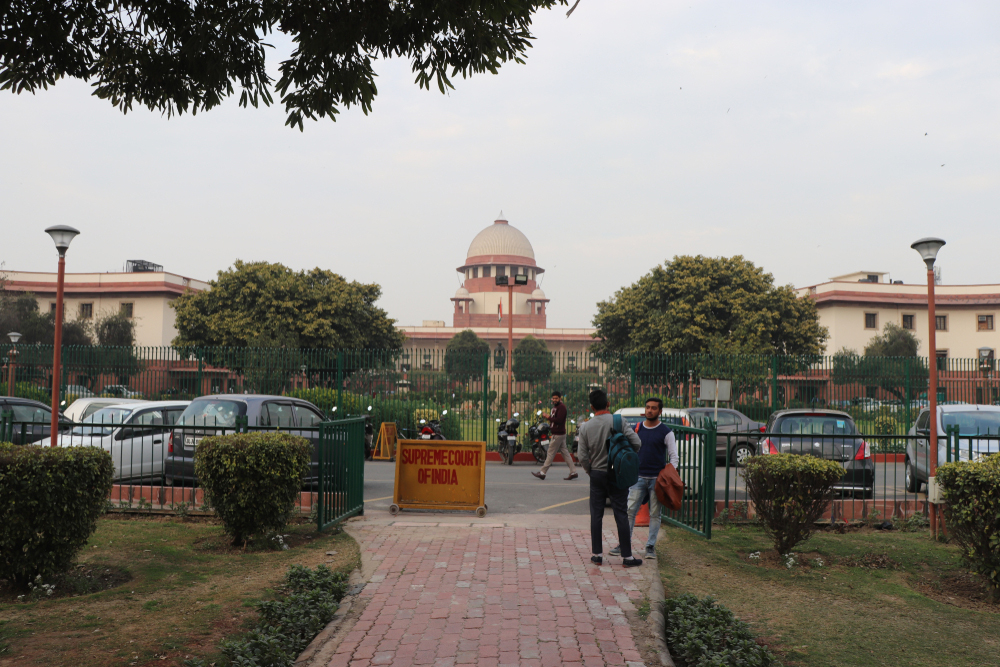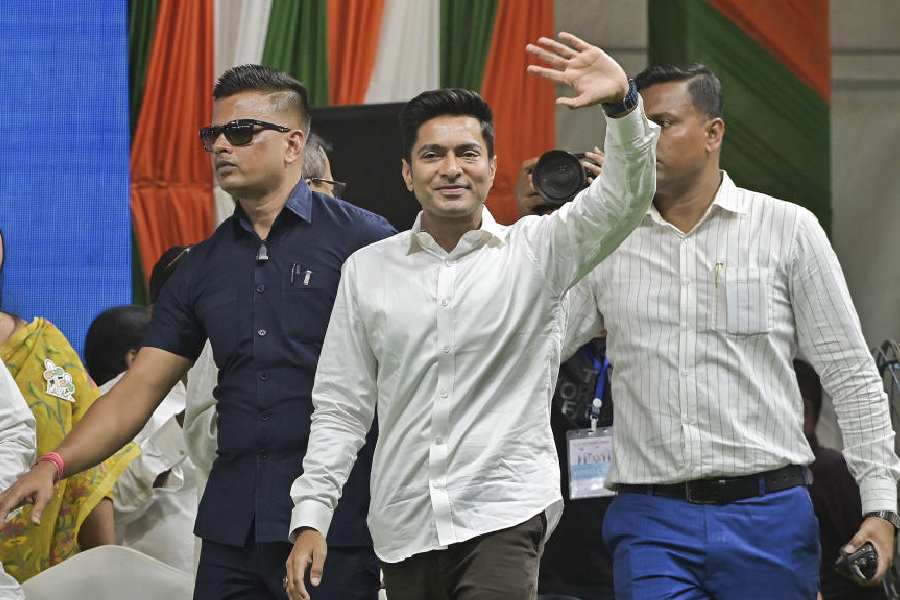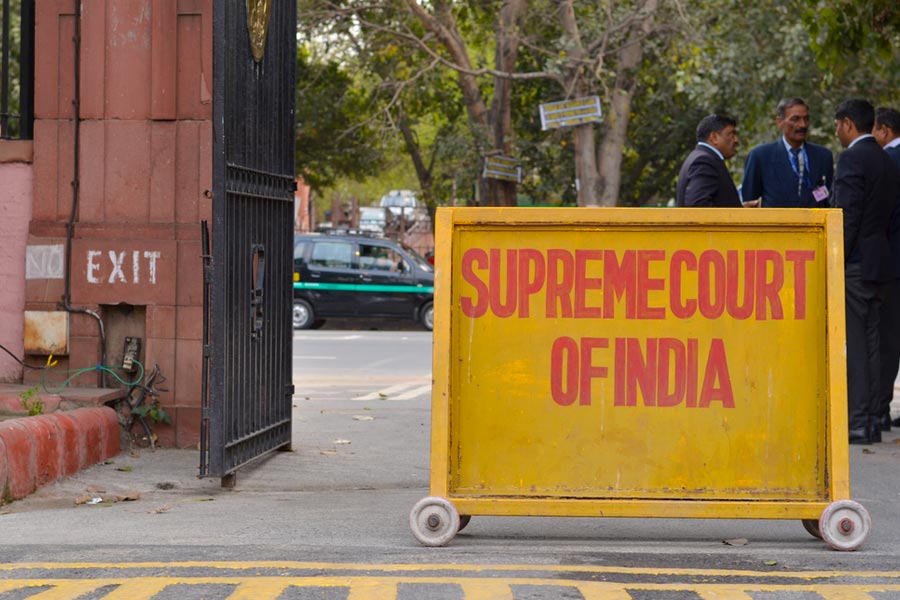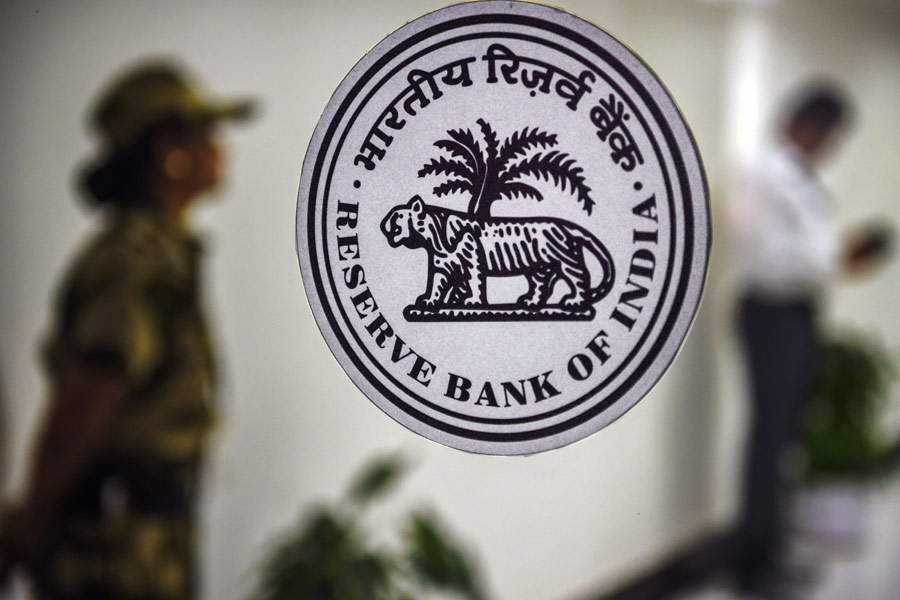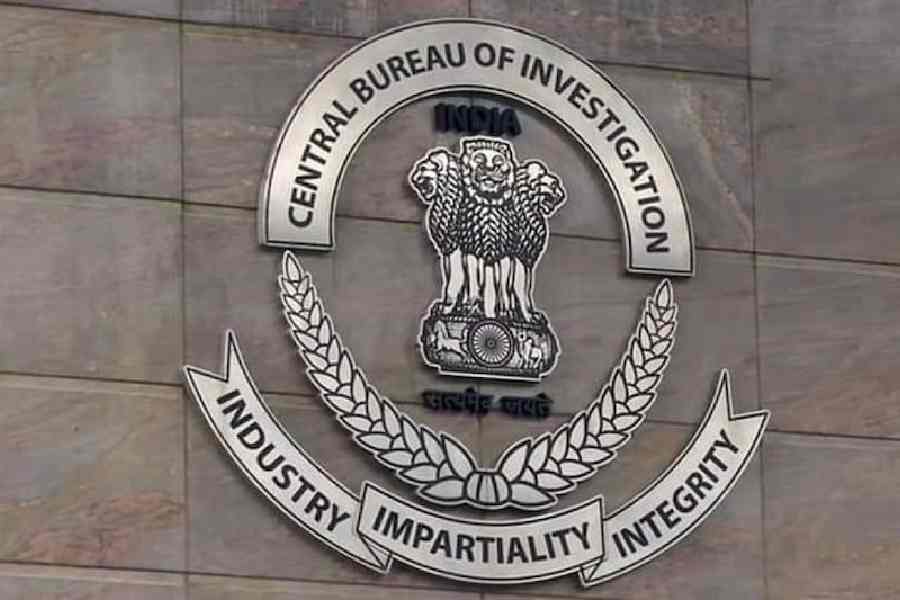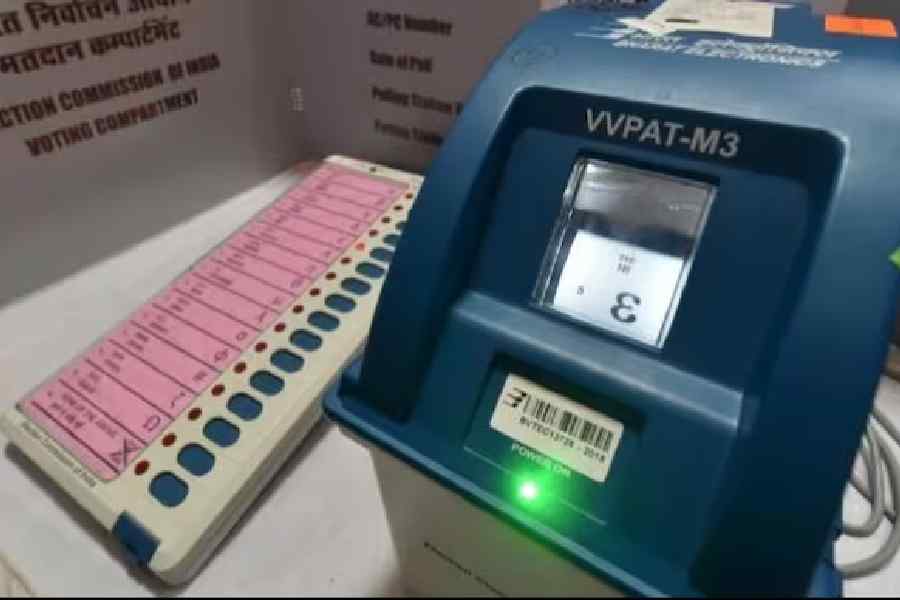The Supreme Court on Tuesday asked Parliament to “seriously consider amending the Constitution” so that an independent tribunal headed by a former judge could replace the Speaker as arbiter when it comes to deciding on disqualification of lawmakers under the anti-defection law.
The three-judge bench said the “rethink” was necessary because the likelihood of “bias” in such disputes couldn’t be ruled out since the Speaker belonged to a political party, “either de jure or de facto”.
“It is time that Parliament have a rethink on whether disqualification petitions ought to be entrusted to a Speaker as a quasi-judicial authority when such Speaker continues to belong to a particular political party either de jure or de facto,” the bench headed by Justice R.F. Nariman said in a judgment.
“Parliament may seriously consider amending the Constitution to substitute the Speaker of the Lok Sabha and Legislative Assemblies as arbiter of disputes concerning disqualification which arise under the Tenth Schedule with a permanent Tribunal headed by a retired Supreme Court Judge or a retired Chief Justice of a High Court, or some other outside independent mechanism to ensure that such disputes are decided both swiftly and impartially…, thus giving real teeth to the provisions contained in the Tenth Schedule, which are so vital in the proper functioning of our democracy.”
The bench was of the view that since even the power to remove Supreme Court and high court judges was vested in an independent authority like Parliament, the same logic should apply to the Speaker of the Lok Sabha or state Assemblies.
Even on disqualification of a legislator under the office-of-profit rule, the decision is left to the President or the governor concerned, it said, not the Speaker.
The judgment came as the bench directed the Manipur Speaker to decide within four weeks a disqualification petition Congress legislators had filed against state forest minister Thounaojam Shyamkumar Singh.
Shyamkumar Singh had joined the BJP government in 2017 after being elected on a Congress ticket.
The court’s observations were, however, more in the form of an obiter dictum, which means it would have persuasive value but not a binding effect on the government to comply with the suggestion.
The judgment from the bench, which also included Justices Aniruddha Bose and V. Ramasubramanian, comes in the backdrop of allegations of bias against Speakers in different states since the anti-defection law was enacted in 1985.
Successive Speakers have often been accused of protracted inaction or favouring alleged defectors from their parties while deciding petitions under the 10th Schedule, popularly known as the anti-defection law.
In the Manipur case, Congress legislator Keisham Meghachandra Singh had moved the top court after Manipur High Court declined to pass any directive to the Assembly Speaker on 13 disqualification applications against Shyamkumar Singh.
The top court on Tuesday did not mention any alleged instance of bias by Speakers, but Justice Nariman referred to the observations that a former judge, Justice J.S. Verma, had made in a 1992 case when a constitution bench ruled that the Speaker’s powers were subject to judicial review.
“The Speaker being an authority within the House and his tenure being dependent on the will of the majority therein, likelihood of suspicion of bias could not be ruled out,” Justice Verma, one of the authors of the judgment, had observed while writing the minority view.
Justice Verma had said the framers of the Constitution had not designated the Speaker as the authority to decide on election disputes and disqualification of members under Articles 103, 192 and 329 — which deal with office-of-profit cases — and opted for an independent authority outside the House.
But, in the Tenth Schedule, the Speaker had been made “not only the sole but the final arbiter of such dispute with no provision for any appeal or revision against the Speaker’s decision to any independent outside authority”.
“This departure in the Tenth Schedule is a reverse trend and violates a basic feature of the Constitution since the Speaker cannot be treated as an authority contemplated for being entrusted with this function by the basic postulates of the Constitution, notwithstanding the great dignity attaching to that office with the attribute of impartiality,” Justice Verma had said.
On Tuesday, the top court rejected senior advocate Kapil Sibal’s plea that Shyamkumar’s appointment should be quashed.

